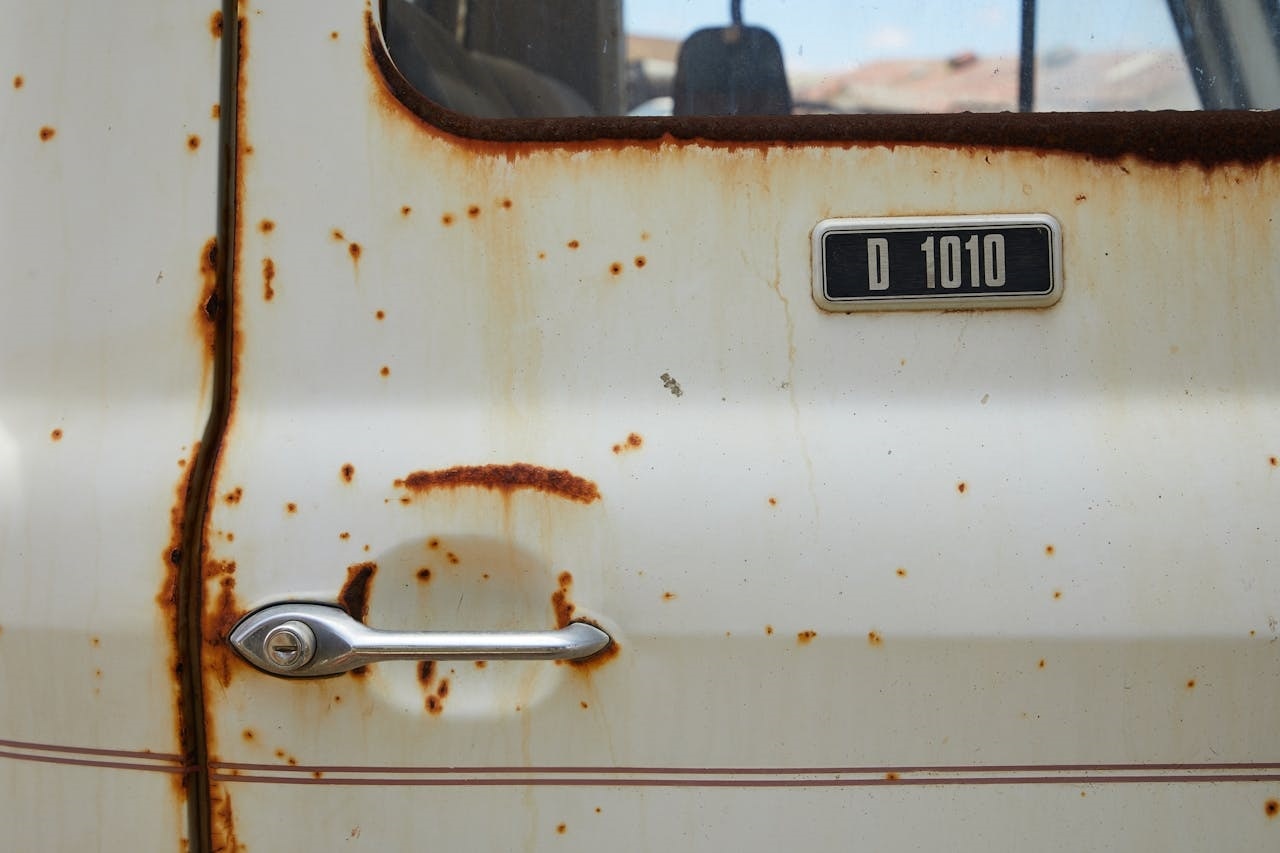The Types of Vehicles That Can Be Recycled
Recycling vehicles is a very important process that helps conserve natural resources and reduces waste. Various types of vehicles, including cars, trucks, motorcycles, and even specialised vehicles, can be recycled. Below is a detailed look at the different types of vehicles that can be recycled, focusing on their specific components and materials.
Cars and Sedans
Cars and sedans are among the most recycled consumer products due to their high volume and substantial recyclable content. Car recycling involves recovering materials like metal, plastic, and glass from the vehicle. Steel is a significant component, and it is extensively recycled to create new car bodies and other products. The recycling process for cars often begins at a scrap yard, where the vehicle is dismantled. Components like car batteries, tires, and fuel tanks are removed and either re-used or processed further.
- Car Bodies: The steel from the car bodies is sent to steel mills for recycling.
- Car Parts: Parts such as engines, transmissions, and other metal components are often re-used or melted down for new products.
- Batteries: Car batteries are particularly important due to their hazardous materials, which are carefully handled to prevent environmental damage.

Trucks and SUVs
Trucks and SUVs are also significant in the auto recycling industry due to their large size and heavy-duty components. These vehicles contribute a considerable amount of scrap metal, which is valuable for recycling.
- Engines and Transmissions: These heavy components are valuable for their metal content and are often sold for further processing.
- Tires: Tires from trucks and SUVs are recycled into products like playground surfaces and fibreglass insulation.
- Frames: The frames of these vehicles, usually made from high-strength steel, are highly recyclable.
Motorcycles
Motorcycles and scooters, though smaller, also contribute significantly to vehicle recycling. They consist of a variety of materials, including steel, plastic, and aluminum, which can be efficiently recycled.
- Engines: Motorcycle engines are stripped down for their metal content.
- Frames and Wheels: The steel and aluminum from frames and wheels are sent to recycling facilities.
- Batteries: Similar to cars, motorcycle batteries are recycled to recover lead and other materials.
Electric and Hybrid Vehicles
Electric cars and hybrid vehicles represent a growing segment in the recycling industry. These vehicles contain specialized components that require careful handling but offer substantial recyclable materials.
- Batteries: The batteries in electric and hybrid vehicles are a critical focus. They contain valuable metals like lithium and cobalt, which are recovered through specialized recycling processes.
- Electric Motors: Electric motors are dismantled to recover copper and other materials.
- Electronic Components: Various electronic parts are recycled to reclaim metals and reduce e-waste.
Buses and Commercial Vehicles
Buses and other commercial vehicles, including delivery vans and public transport vehicles, are also recycled extensively. Due to their size, they offer a large amount of scrap metal and other materials.
- Engines and Drivetrains: These components are valuable for their heavy-duty metal content.
- Seating and Interior Parts: Materials like plastics and fabrics are recycled or disposed of according to regulations.
- Frames and Body Panels: The large metal frames and panels are recycled similarly to smaller vehicles but on a larger scale.
Specialty Vehicles
Specialty vehicles such as ambulances, fire trucks, and other emergency vehicles have unique components that can be recycled.
- Specialised Equipment: Items like sirens, lights, and medical equipment are either re-used in other vehicles or recycled.
- Reinforced Frames: The strong metal frames of these vehicles are valuable for recycling.
- Hazardous Materials: Components containing hazardous materials are handled carefully to prevent environmental contamination.
Agricultural and Construction Vehicles
Agricultural and construction vehicles, including tractors, bulldozers, and other heavy machinery, are significant sources of recyclable materials.
- Engines and Hydraulics: These large components are dismantled for their metal content.
- Tires: Similar to other vehicles, the tires are recycled into various products.
- Frames and Attachments: The steel and other metals from the frames and attachments are processed and recycled.
Importance of Recycling End-of-Life Vehicles
Recycling end-of-life vehicles (ELVs) is important for conserving natural resources and reducing waste. ELVs include all types of vehicles that have reached the end of their useful life, such as old cars, trucks, motorcycles, and specialized vehicles.
- Recycled Consumer Product: Automobiles are among the most recycled consumer products globally.
- Environmental Impact: Recycling vehicles helps reduce the need for raw materials, thus preserving natural resources and reducing environmental damage.
- Human Health: Proper recycling of hazardous materials, such as those found in batteries and fluids, protects human health and the environment.
Benefits of Vehicle Recycling
The vehicle recycling industry offers numerous benefits, both economically and environmentally. By recycling vehicles, we can recover valuable materials and reduce the amount of waste sent to landfills.
- Saving Money: Recycling metal and other materials from vehicles is often cheaper than producing new materials from scratch.
- Energy Savings: Recycling metals like steel and aluminum saves significant amounts of energy compared to extracting and processing raw materials.
- New Products: The materials recovered from recycled vehicles are used to produce new vehicles and other products, contributing to a circular economy.
Final Notes
Recycling vehicles, including cars, trucks, motorcycles, and specialized vehicles, is a vital process that conserves natural resources and reduces waste. By understanding the types of vehicles that can be recycled and the materials that can be recovered, we can appreciate the importance of this industry.
The recycling process not only helps the environment but also offers economic benefits and supports the creation of new products. Whether it’s an old car or a large commercial vehicle, recycling ensures that valuable materials are re-used and not wasted, contributing to a more sustainable future.

